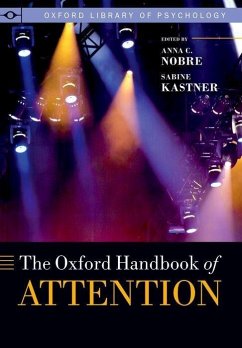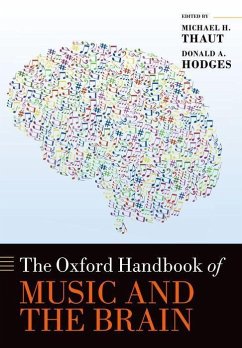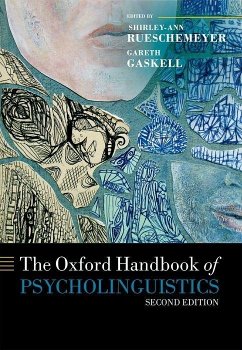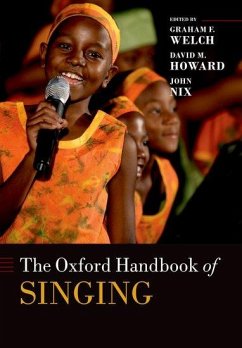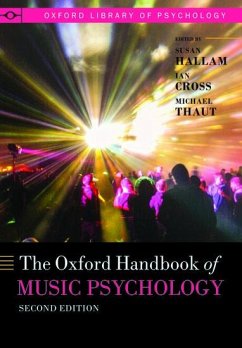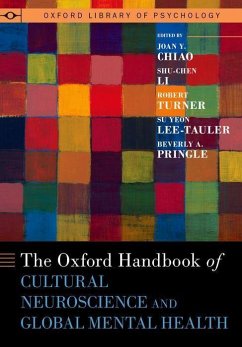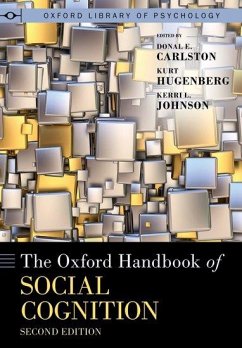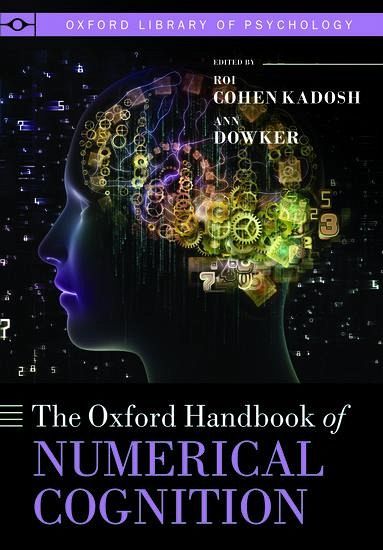
Broschiertes Buch
The Oxford Handbook of Numerical Cognition
Versandkostenfrei!
Versandfertig in über 4 Wochen

PAYBACK Punkte
45 °P sammeln!




Numbers are vital to so many areas of life: in science, economics, sports, education, and many aspects of everyday life from infancy onwards. This handbook brings together the different research areas that make up the vibrant field of numerical cognition in one comprehensive and authoritative volume.
Roi Cohen Kadosh is a Wellcome RCD Fellow at the University of Oxford. His work combines basic and applied science, with focus on high level cognitive abilities and cognitive enhancement. At the theoretical level, his work challenges and revises previous theories in mathematical cognition with implications to psychology, neuroscience and education. At the translational level his work is in the forefront in integrating brain stimulation with enhancement of high-level and complex cognitive functions, such as mathematical abilities. His work does not only focus on research but also discusses the ethical implications of his research. He is actively involved in policy making. His pioneering work has received prestigious awards in the fields of neuroscience and psychology, and coverage by leading media channels (e.g., BBC, CNN, Science Magazine, Nature, Scientific American, Time Magazine). Ann Dowker is a University Research Lecturer at the Department of Experimental Psychology, University of Oxford, UK. She has carried out extensive research on developmental psychology and individual differences, especially with regard to mathematical learning. Her interests include the effects of culture and language on mathematics; mathematics anxiety; links between neuroscience and education; and the development of intervention programs for children with mathematical difficulties. She is the lead researcher on the Catch Up Numeracy Intervention project.
Produktdetails
- Oxford Library of Psychology
- Verlag: Oxford University Press
- Seitenzahl: 1212
- Erscheinungstermin: 24. Januar 2017
- Englisch
- Abmessung: 261mm x 172mm x 2mm
- Gewicht: 1782g
- ISBN-13: 9780198795759
- ISBN-10: 0198795750
- Artikelnr.: 47867028
Herstellerkennzeichnung
Libri GmbH
Europaallee 1
36244 Bad Hersfeld
gpsr@libri.de
Für dieses Produkt wurde noch keine Bewertung abgegeben. Wir würden uns sehr freuen, wenn du die erste Bewertung schreibst!
Eine Bewertung schreiben
Eine Bewertung schreiben
Andere Kunden interessierten sich für


